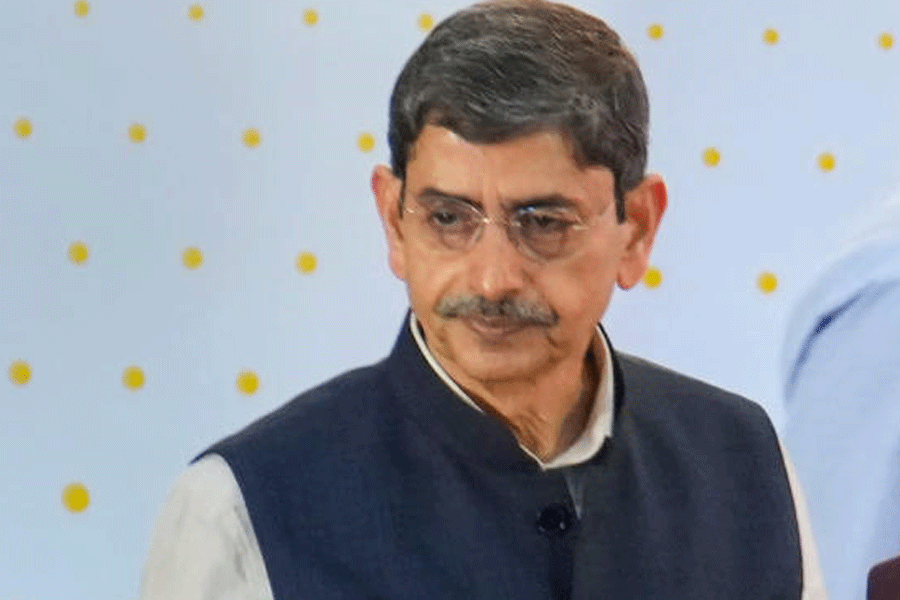Tamil Nadu governor R.N. Ravi on Thursday returned 10 pending bills to the state government for reconsideration, four days before the Supreme Court’s next hearing of the DMK government’s plea against the governor sitting on bills passed by the state legislature.
Ravi’s move appears to offer a way out of the stalemate over these 10 bills, because if the state legislature passes them again, he is bound by the Constitution to give his assent.
Soon after the governor returned the bills, Speaker M. Appavau announced that the Assembly would meet for a special session on Saturday to reconsider and readopt the bills and send them back to the governor for assent.
Last week, the Supreme Court had expressed concern at the delay by the Punjab and Tamil Nadu governors in giving assent to bills passed by the state legislatures, saying Article 200 of the Constitution obliged the governor to act on the aid and advice of the council of ministers.
“The issues raise a matter of serious concern” to the functioning of democracy, the bench of Chief Justice D.Y. Chandrachud and Justices J.B. Pardiwala and Manoj Misra had observed while issuing notices to the Centre on petitions moved by the Tamil Nadu and Punjab governments.
Tamil Nadu has in its plea accused Ravi of not just sitting over bills, which need his assent to become law, but also of failure to clear files sent by the state government over the past two years.
The state has told the bench that 12 bills passed by the Assembly are pending with the governor apart from four files seeking sanction for the prosecution of public servants under the Prevention of Corruption Act, another bunch of files relating to the premature release of prisoners including some Muslim prisoners, and “proposals” to appoint members to the Tamil Nadu Public Service Commission.
The state has argued that the Constitution stipulates that if the governor does not give assent to a bill, he or she may “as soon as possible” return it — if it is not a money bill — requesting the House to reconsider it, or any specific provision in it.
If the House passes the bill again, the Constitution says the governor “shall not withhold it”.
But Ravi’s inaction, including his failure to sign day-to-day files, “is bringing the entire administration to a grinding halt”, Tamil Nadu’s petition says.
Similar petitions have been moved in recent weeks not just by Punjab but also by Telangana and Kerala against their governors in the Supreme Court.
Official sources said the bills returned on Thursday by Ravi related mainly to amendments to various state university laws. These amendments seek to empower the state government to appoint vice-chancellors — currently the province of the governor.
One of the bills seeks to amend the Chennai University Act, 2023, to enable the government to appoint the VC of the University of Madras and include the finance secretary as a member in the syndicate of the university.
The two bills still pending with the governor also relate to state universities.











